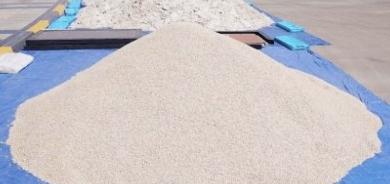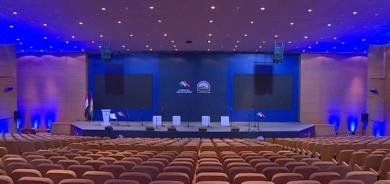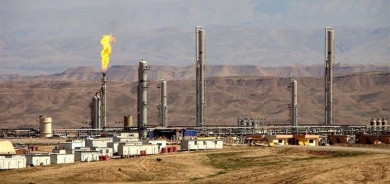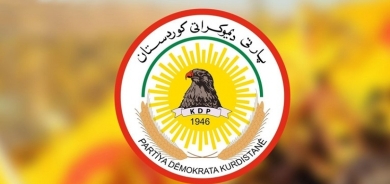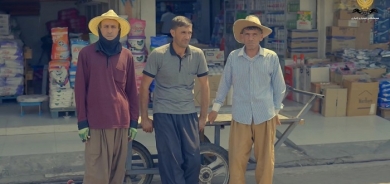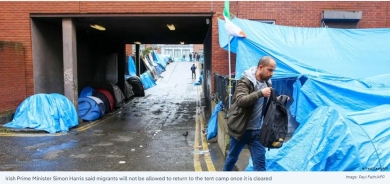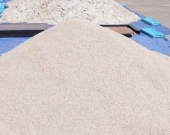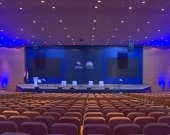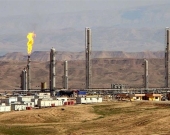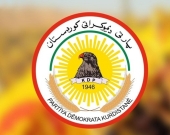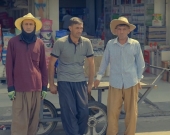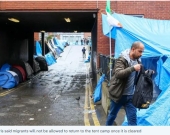Turkey protesters return to Ankara and Istanbul streets
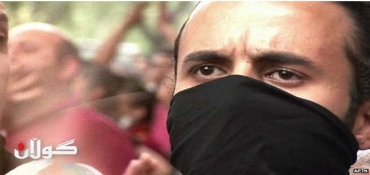
Largely peaceful protesters waved flags in Istanbul's Taksim Square but there were reports police had fired tear gas in Kizilay Square in Ankara.
PM Recep Tayyip Erdogan said protesters were trying to undermine democracy.
The protests began over redeveloping a park near Taksim Square but broadened into anti-government unrest.
They represent the most sustained anti-government unrest for a number of years.
Correspondents say many people are fed up with the government, which they believe is becoming increasingly authoritarian and trying to impose conservative Islamic values on the officially secular country.
Last week the government quickly passed legislation curbing the sale and advertising of alcoholic drinks, which analysts say alarmed secularists.
Many felt insulted when he defended the legislation by calling people who drink "alcoholics".
Mr Erdogan accuses his opponents of using the anger over the park issue to stir up wider tensions.
'Lesson learnt'
There were isolated clashes around the streets of Istanbul early on Sunday.
But the atmosphere later in the day was calmer and largely peaceful, with demonstrators milling about between burnt-out cars and gathering around fires.
The BBC's Selin Girit in the square says music concerts took place throughout the day, and that the thousands of protesters were calling for the gathering to remain peaceful. There was no apparent police presence, says our correspondent.
One protester, Akin, told Reuters: "We will stay until the end. We are not leaving. The only answer now is for this government to fall. We are tired of this oppressive government constantly putting pressure on us."
More than 1,000 protesters also gathered in Kizilay Square in Ankara on Sunday, with reports police had fired tear gas and water cannon to disperse them.
The police reportedly responded after protesters moved towards the office of Mr Erdogan.
In an interview on state television on Sunday, the prime minister said the protests were being provoked by the opposition Republican People's Party (CHP), and that those taking part were trying to undermine democracy.
"They have been removing pavestones and breaking the windows of local stores. Is this democracy?" he asked, dismissing the protesters as "a few looters".
He rejected accusations that he was a "dictator", saying he was a person who had "committed himself to serving his nation".
Mr Erdogan also criticised social media, through which the protests have been co-ordinated and discussed. He said Twitter was a "curse" and an "extreme version of lying".
"I think social media as a whole is a pain in the side of society," he said.
On Saturday, he had admitted there had been "some mistakes, extremism in police response".
But he accused his opponents of using the anger over the Gezi Park issue - where trees were torn down reportedly to construct a new mosque and rebuild a replica Ottoman-era barracks - to stoke up tensions.
Istanbul mayor Kadir Topbas tried to ease the tension, telling a local television station that "we have learnt our lesson".
He regretted "not informing the people enough" about the Gezi Park redevelopment.
Shop owners, city workers and protesters have begun cleaning up after Friday and Saturday's unrest and removing graffiti from walls and windows.
Interior Minister Muammer Guler said 90 demonstrations had taken place in 48 cities after the protests spiralled.
He said more than 1,700 people had been arrested - many had since been released but others would be put on trial, he told the Anatolia news agency.
Mr Guler said one of the injured civilians was being treated in an intensive care unit at an Istanbul hospital.
Amnesty International claimed two people had been killed and more than 1,000 injured, though there was no confirmation of those figures.
Amnesty's Europe director John Dalhuisen said: "The excessively heavy-handed response to the entirely peaceful protests in Taksim has been truly disgraceful."
The US also expressed concern over Turkey's handling of the protests.
Recep Tayyip Erdogan has been in power since 2002, and is expected to run for the presidency in 2014.
Some in Turkey have complained that his government is becoming increasingly authoritarian.
His ruling AK Party has its roots in political Islam, but he says he is committed to Turkey's state secularism.
BBC

